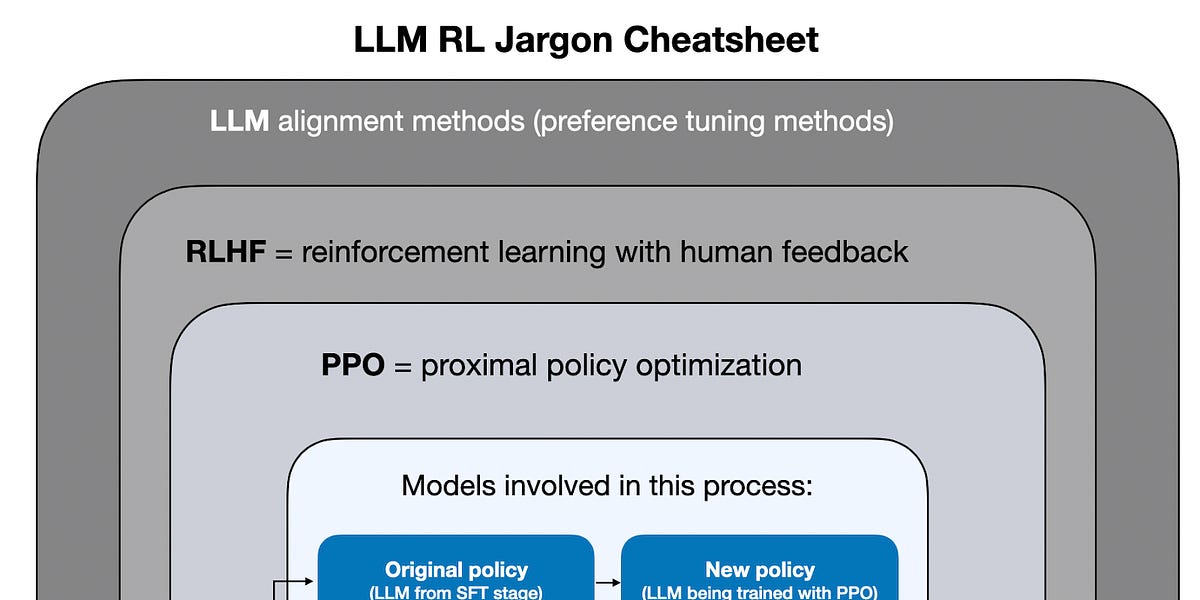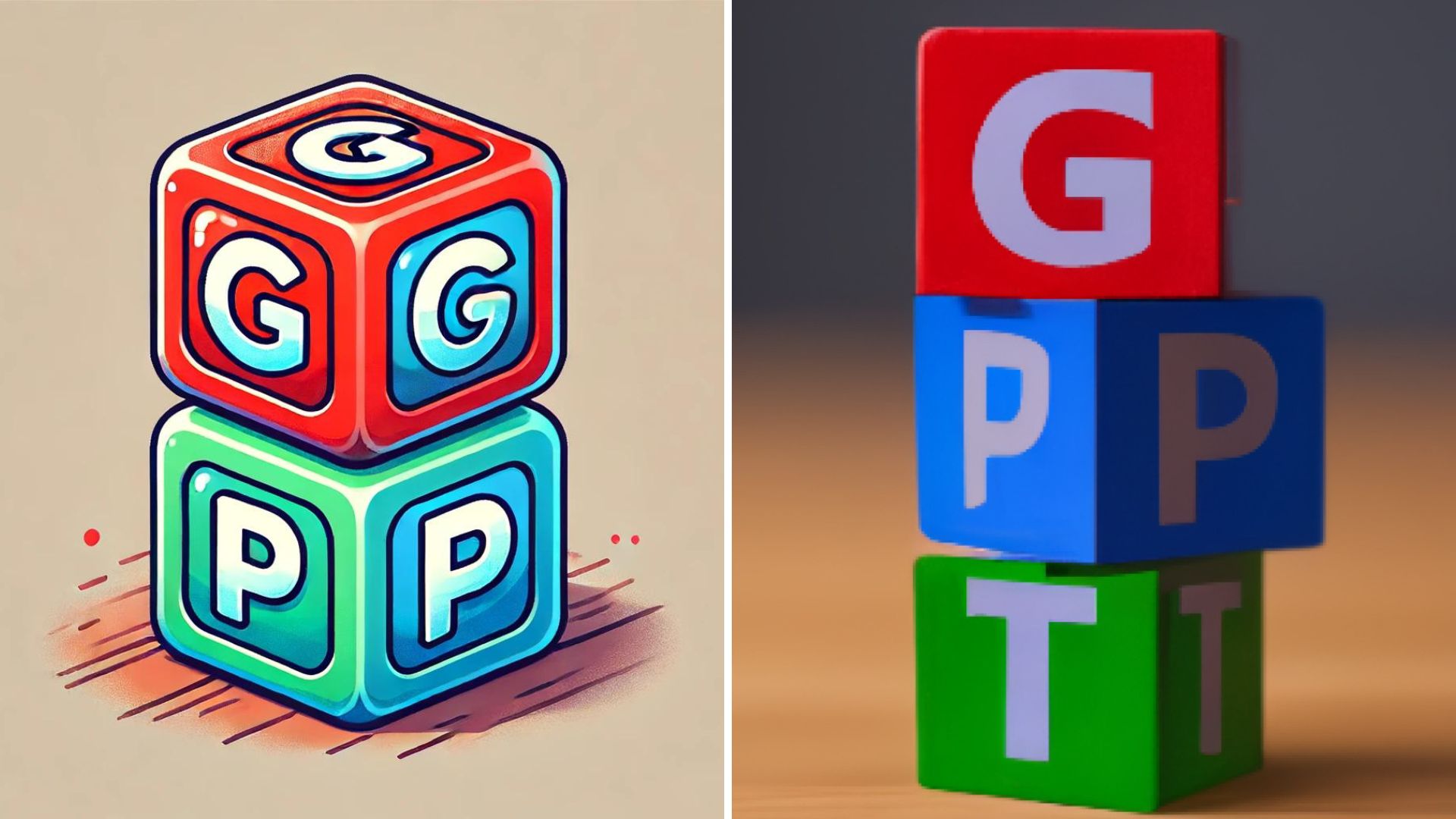“Nearly 50,000-65,000 Indian masters students in CS are going to graduate looking for tech jobs that *most* will NOT find.”

Illustration by Raghavendra Rao
Securing a dream job might sound like the obvious next step after completing an engineering degree or graduating from IIT. However, the reality is far from this, with one in every two engineering graduates in India unemployed.
D Muthukrishnan, a user on X, highlighted that around 30-40% of IITians either go abroad, find off-campus placements, prepare for competitive government exams like the UPSC, or venture into startups.
However, even moving abroad to pursue a master’s degree isn’t an ideal solution. Deedy Das, a venture capitalist at Menlo Ventures, showcased a sobering picture for Indian students in the US.
“Winter is coming,” he said on X, highlighting that nearly 50,000-65,000 Indian students with master’s degrees in computer science will graduate soon, most of whom won’t land jobs.
He noted that India sends more grad students to the US than any other country, with around 1,66,000 students, 80% of whom are pursuing master’s degrees, primarily in short 1-2 year programs. These programs have become a more affordable and quicker route to potential immigration.
In 2025, India will churn out approximately 88,500 MS graduates. Many of these students (41%) specialise in computer science and maths, and another 27% are in engineering fields. That’s the highest percentage of CS majors for any country.
For those heading into tech, approximately 50,000 to 65,000 will soon be job hunting in a sector that’s cooling off.
The Story of IIT and Unemployment
As earlier established, graduating from IIT doesn’t guarantee a ticket to a dream job and a bright future. As the reality revealed by IIT Kanpur alumnus Dheeraj Singh, 38% of IIT graduates from all 23 campuses are still unemployed.
In a LinkedIn post, Singh shared that nearly 8,000 students failed to secure campus placements this year, a sharp increase from two years ago when the number was closer to 3,400.
The older nine IITs have been hit hard, with 6,050 out of 16,400 registered students (37%) still searching for jobs. The newer 14 IITs are facing an even tougher situation, with 40% of their 5,100 graduates unplaced.
IIT Bombay reports a 36% unemployment rate among graduates, while IIT Madras has 45% unplaced. These numbers align with the broader engineering unemployment crisis in India.
In 2023, NITI Aayog vice chairman Rajiv Kumar noted that nearly 48% of engineering graduates across the country are unemployed, not a great thing for a nation that prides itself on being the hub for tech talent.
Many IIT graduates are turning to alternative career paths. Some are preparing for competitive exams for banking jobs or government services, and not to forget, UPSC exams, as many see it as a more secure alternative to the uncertainty of corporate employment.
“About 80% of unemployed people are the ones preparing for government exams,” said Saloni Khanna, a UPSC interviewer and founder of Skill Up Foundation, on the Raj Shamani Podcast.
And for many, the waiting game continues.
Meanwhile, for the lucky ones who land a job, the journey doesn’t get easier. Delayed onboarding has become a huge concern in the tech industry.
Infosys, for instance, recently made headlines for finally issuing offer letters to 1,000 engineering graduates after two years’ wait. Other IT giants like Wipro and TCS have also delayed the onboarding of around 10,000 freshers.
There’s Still Hope
Das also highlighted that while big-tech hiring slows down and layoffs sweep across companies that once seemed unstoppable, the tech job market has taken a sharp turn from the boom of 2008 to 2021.
Even startups, often the last hope for job seekers, are focusing more on profitability and smaller, leaner teams.
All in all, it’s a tough landscape for the next generation of tech talent.
However, India’s increasing appeal as a hub for GCCs is drawing interest from large- to several mid-sized and small companies. These companies are eager to embrace India’s cost advantages, skilled workforce, and stable business climate.
Over the past eight months, several mid-sized GCCs, each employing 1,000-2,000 people, have launched their operations in India.
This trend follows the lead of larger corporations, some of which now have 10,000-15,000 employees in the country, covering everything from customer support and data analysis to advanced R&D projects.
In contrast, launching a startup might seem like a safer, more viable option than being stuck in the job market. One such example can be, Innovaccer, a healthcare SaaS startup founded by IIT Kharagpur alumni Abhinav Shashank, Kanav Hasija, and Sandeep Gupta.
Vidyashree Srinivas
Vidyashree is enthusiastic about investigative journalism. Now trying to explore how AI solves for all.
Subscribe to The Belamy: Our Weekly Newsletter
Biggest AI stories, delivered to your inbox every week.
Rising 2024 | DE&I in Tech Summit
April 4 and 5, 2024 | 📍 Hilton Convention Center, Manyata Tech Park, Bangalore
Data Engineering Summit 2024
May 30 and 31, 2024 | 📍 Bangalore, India
26 July 2024 | 583 Park Avenue, New York
MachineCon GCC Summit 2024
June 28 2024 | 📍Bangalore, India
Nov 21-22 2024 | 📍Santa Clara Convention Center, California, USA
September 25-27, 2024 | 📍Bangalore, India
![]()
Our Discord Community for AI Ecosystem, In collaboration with NVIDIA.

 7 months ago
107
7 months ago
107








